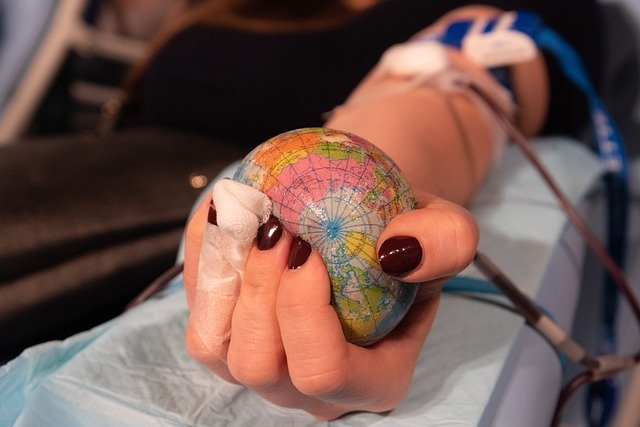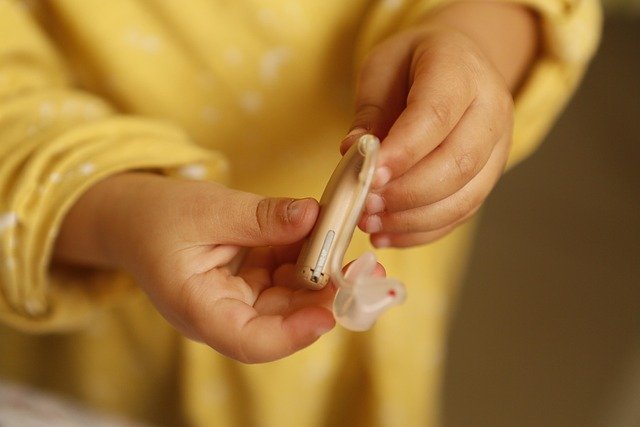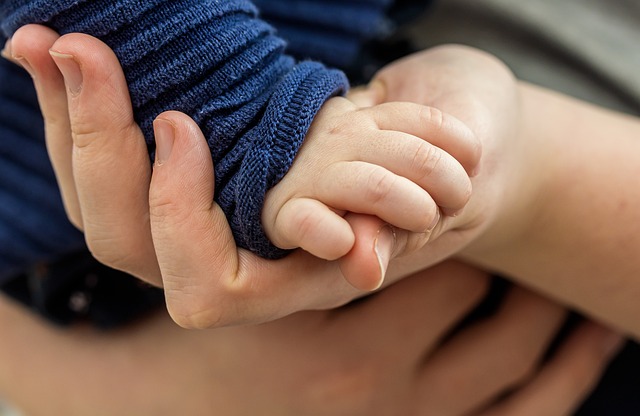The Egg Donation Journey: A Comprehensive Guide
Explore the world of egg donation, a vital aspect of assisted reproduction that offers hope to those facing fertility challenges. This in-depth guide covers the entire process, from donor selection to embryo transfer, while addressing key considerations for both donors and recipients. Discover the medical, emotional, and financial aspects of this life-changing procedure.

Egg donation is a cornerstone of modern fertility treatments, providing a beacon of hope for individuals and couples struggling to conceive. This comprehensive guide will walk you through the intricacies of the egg donation process, its benefits, and important considerations for all parties involved.
The Egg Donation Process: A Step-by-Step Overview
-
Donor screening: Potential egg donors undergo rigorous medical and psychological evaluations to ensure they’re suitable candidates.
-
Recipient preparation: The intended parent(s) or gestational carrier prepares for embryo transfer through various medical protocols.
-
Ovarian stimulation: Donors receive carefully monitored hormone injections to promote the development of multiple eggs.
-
Egg retrieval: A minimally invasive procedure is performed to collect mature eggs from the donor’s ovaries.
-
Fertilization: Retrieved eggs are combined with sperm in a laboratory setting, creating embryos through in vitro fertilization (IVF).
-
Embryo transfer: One or more resulting embryos are transferred to the recipient’s uterus or a gestational carrier.
-
Pregnancy test: Approximately two weeks post-transfer, a pregnancy test determines the success of the procedure.
Becoming an Egg Donor: Qualifications and Commitment
Egg donation agencies and fertility clinics typically seek women between 21 and 35 years old who meet specific criteria:
- Excellent overall health
- No family history of genetic disorders
- Abstinence from smoking and drug use
- Willingness to undergo comprehensive medical and psychological screening
- Ability to commit time and energy to the donation process
Prospective donors should carefully consider their motivations and the potential impact on their lives before embarking on this journey. The process requires dedication and can be emotionally challenging, but many donors find it incredibly rewarding to help others build their families.
Weighing the Pros and Cons: Benefits and Risks of Egg Donation
For Recipients: + Opportunity to experience pregnancy and childbirth + Higher success rates compared to some other fertility treatments + Option for genetic testing of embryos before transfer
For Donors: + Emotional satisfaction from helping others + Financial compensation for time and effort + Contribution to medical research and advancing fertility treatments
Potential Risks: - Ovarian hyperstimulation syndrome (OHSS) from hormonal medications - Emotional challenges throughout the process - Possible long-term health considerations (ongoing research)
Both donors and recipients should have in-depth discussions with their healthcare providers to fully understand and prepare for these potential risks.
Navigating the Regulatory Landscape
Egg donation regulations vary widely across different countries and even within regions. Common regulatory aspects include:
- Donor screening protocols
- Compensation limits
- Anonymity policies
- Informed consent requirements
- Restrictions on the number of donations per donor
It’s crucial for all parties to familiarize themselves with local laws and guidelines to ensure participation in an ethical and legally compliant process.
Financial Aspects of Egg Donation
The egg donation journey involves significant financial considerations:
For Recipients: - Medical procedures (egg retrieval, IVF, embryo transfer) - Donor compensation - Agency fees (if applicable) - Legal counsel - Medication expenses
For Donors: - Compensation for time and commitment - Potential travel costs - Medical care related to the donation process
While costs can vary widely, here’s a general overview of potential expenses:
| Service | Provider | Estimated Cost Range |
|---|---|---|
| Complete Egg Donation Cycle | Fertility Clinic | $25,000 - $50,000 |
| Donor Compensation | Egg Donation Agency | $5,000 - $10,000 |
| Recipient Medical Procedures | Fertility Clinic | $12,000 - $25,000 |
| Legal Services | Reproductive Law Firm | $1,500 - $3,500 |
Note: These figures are estimates and may vary based on location, clinic, and individual circumstances. Always conduct thorough research and consult with professionals for accurate, up-to-date information.
Egg Donation vs. Other Fertility Treatments
When comparing egg donation to alternatives like intrauterine insemination (IUI) or traditional in vitro fertilization (IVF), several factors come into play:
- Success rates: Egg donation often boasts higher success rates, especially for women with diminished ovarian reserve or advanced maternal age.
- Genetic connection: Unlike other treatments, egg donation results in a child not genetically related to the birth mother, which can be an emotional hurdle for some.
- Cost: Egg donation is typically more expensive than IUI or traditional IVF but may be more cost-effective in the long run for certain patients.
- Time frame: The egg donation process can be quicker than multiple rounds of IVF with one’s own eggs.
Choosing the right fertility treatment is a deeply personal decision that should be made in consultation with medical professionals and considering individual circumstances.
Conclusion: A Life-Changing Journey
Egg donation has revolutionized the field of assisted reproduction, offering new possibilities to those struggling with infertility. By understanding the medical, emotional, and financial aspects of this process, potential donors and recipients can make informed decisions about their fertility journey.
Remember, egg donation is a significant undertaking that requires careful consideration and professional guidance. Always consult with qualified healthcare providers, fertility specialists, and legal experts before proceeding with any aspect of egg donation.
This guide is intended for informational purposes only and should not be considered medical advice. Personal circumstances vary, and individualized professional consultation is essential for anyone considering egg donation as a donor or recipient.






